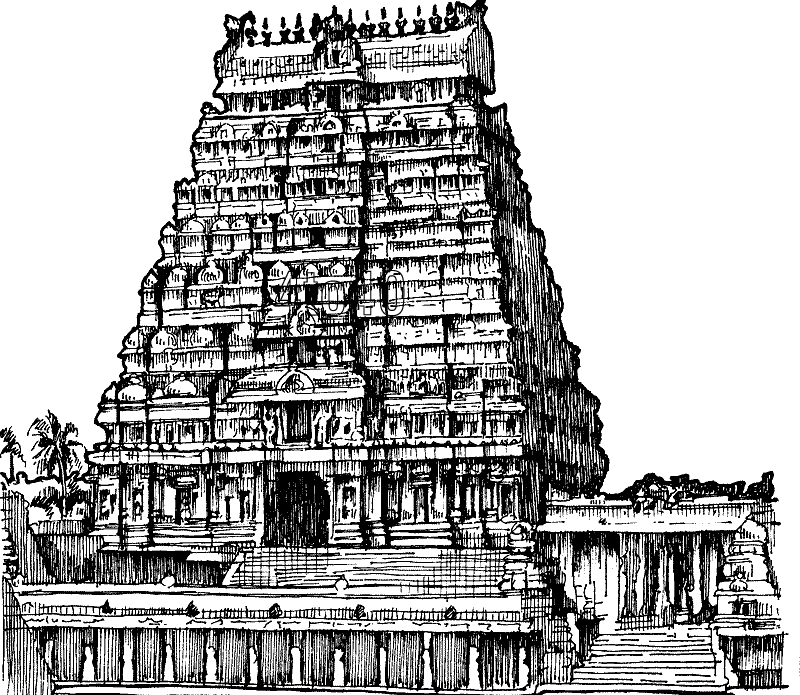LALITHA SAHASRANAMAM - Namah # 133
- S Subramaniam
- Dec 14, 2022
- 2 min read
LALITHA SAHASRANAMAM
@ S. Subramaniam

निरञ्जना (133)
Niranjana (133)
Meaning:
Devi is without any blemishes - is one of the meanings of the namah the other one being Devi is (so full of knowledge that she is) without any ignorance.
Interpretation:
Here Nih means negativity or Not and Anjana means a black spot. Devi is pure, spotless or blemishless and therefore referred to as Niranjana.

Some scholars are of the view that Anjana refers to black paste or collyrium or Kajal. Therefore it has been presented by them that Devi's eyes look extremely beautiful even without applying Kajal.
However it can be further elaborated that the term kajal actually refers to darkness which in turn means ignorance. Ignorance is always compared to darkness and knowledge to light. Therefore it should be rightly interpreted as Devi has no ignorance or Devi is full of absolute knowledge.
Adi Shankara
Connecting the word Niranjana with Adi Shankara, I have not found any specific reference about the word in any of his compositions.
Quote from Shveteshvatara Upanishad:

We find a mention about the word Niranjana in Shveteshvatara Upanishad. It Says ‘Nishkalam, Nishkriyam, Shantam, Niravadyam, Niranjanam” (VI.19). The meaning is ‘no form, no action, no attachment, above reproach and without any blemish’.
The Upanishad identifies the Brahman with such qualities. It specifically says ‘Niranjanam’ means without any blemish. Therefore Lalithambika is without any blemish as Brahman alone is without any blemishes.
Sai Bhajan :

One of the regular bhajans addressed to Lord Vinayaka and regularly sung at Prashanti Nilayam, Puttaparthi, is Gowri Nandana Gajanana Girija Nandana Niranjana.
Author's Notes:
Interestingly I have found that apart from Devi Jaganmatha, both Lord Shiva and Lord Vishnu (more specifically Krishna) have been associated with the name Niranjana.

Alakh Niranjan (अलख निरञ्जन) is a term used by Nath Yogis who consider Shiva as their first Lord and first guru. Alakh means "one who cannot be seen (perceived)" and niranjan means "spotfree".

Saint Madhwacharya in the opening verse of his popular composition Dwadasha stotra refers to Lord Krishna as Niranjana:
Vandhe Vandhyam Sadaanandam , Vasudevam Niranjanam
Indhirapathimaadhyaadhi varadesa vara pratham.
I salute the one who can be saluted, who is always happy. Who is vasudeva without any stains
Who is Lord of Goddess Lakshmi, who gives boons to other Gods, who themselves give boons.
Disclaimer: All matters contained in this article are the property of www.templesofasia.com. The opinions expressed in this article are purely that of the author. The author alone is responsible for the accuracy, authenticity, completeness and validity of all the information in the article.


Comments